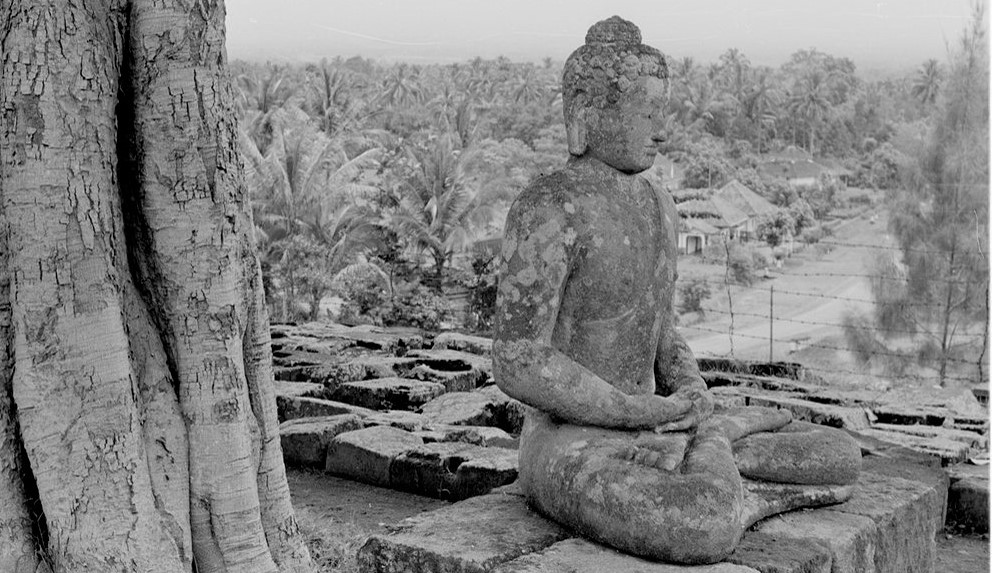多聞廣博, 守持不忘諸法深奧, 上中下善, 義味誠諦, 梵行具足, 聞已入心。
“One has heard much and widely, keeping and maintaining without loss of memory the profound teaching that is good in the beginning, middle, and end, with truthful meaning and phrasing, being the equipment of the pure life, which on having been heard enters the heart”
The Āgama Research Group was (in)formally constituted in the autumn of 2012. Our group grew out of the long-term personal and scholarly friendship and collaboration among its core members. We are academics and scholars based at or affiliated with the Dharma Drum Institute of Liberal Arts. The Āgama Research Group’s vision as an academic community is informed by the intention to support the dialogue between traditional learning and text-critical/text-historical approaches to the study of the Buddhist teachings. The Āgama Research Group is at the same time dedicated to collaborative research between philologically trained scholars who specialise in early Buddhist philology and scholars of the digital humanities, and it is devoted to fostering exchange between local scholars in Buddhist communities and international academia. We have embarked on a long-term plan of translation work, research, scholarly seminars and publications. From 2015 to 2020 our group has been supported by the Fundación Bodhiyāna (Argentina) as well as by a few individual donors from around the world. We began offering regular online meditation teachings, along with study and practice workshops, in multiple languages—including English, Chinese, Korean, Italian, Spanish, and Portuguese—in 2019 (after having pioneered online teaching in the field starting back in 2010). This webpage serves simply as a placeholder in the virtual space and does not really reflect the scope of our past, present, and future events, research, and teaching activities.
